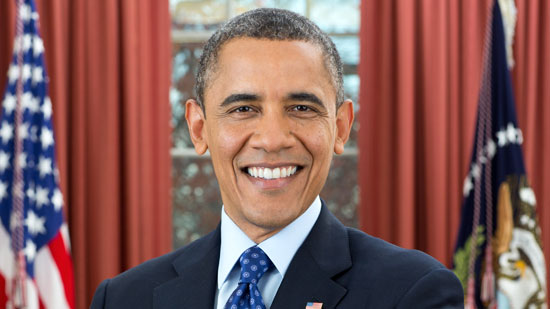Could Obamacare Benefit the Medical Device Industry?
Developed nations in the rest of the world provide universal healthcare for their citizens and the medical device industry hasn't shunned them for it, so why are companies making such a fuss about healthcare reform in the United States?
November 20, 2013

By Jim Dickinson
Here’s a heresy: With almost all of the medical device industry establishment united against Obamacare’s 2.3% medical device excise tax, could it be that—notwithstanding that tax—the overall long-term impact of Obamacare will actually benefit the industry?
Prepare for the challenges that lie ahead for the medical device industry by attending the MD&M West conference and exposition in Anaheim, CA, February 10–13, 2014. |
I’m not suggesting that the Affordable Care Act is either well drafted or politically sound, much less that unforeseen negative consequences for the economy don’t lie ahead as its deeply troubled roll-out stumbles forward into new minefields.
But I am asking whether industry experience over many decades in the “socialized medicine” countries around the world—that is, nearly every other advanced national economy—has not been, on balance, profitable and beneficial.
Take market research Web site Industry Review’s annual survey of the world’s major medical device markets: China, India, and Brazil are the brightest spots, not the United States, which is seen as slumping due to the uncertainty created by Obamacare. Other studies show similar results.
The U.S. market, with its rare freedom from price controls, has long been seen as the industrial entrepreneur’s happy hunting ground—and with good cause. Yet, as the global village expanded, that international anomaly was bound to be challenged from within, which is what Obamacare has done.
For all its immense research resources, the U.S. medical device industry has apparently been unable to come up with real-world life experiences demonstrating how bad universal healthcare has served the countries that have it, either from a purely industrial perspective or from an overall societal perspective.
Arguments the industry made in conjunction with the Republican National Committee (RNC) to achieve repeal of the medical device tax did not exploit comparisons with other countries but relied instead on assertions that tens of thousands of U.S. jobs are already being lost or shipped overseas.
The nonprofit, nonpartisan Web site Factcheck.org examined these arguments in detail and in October reported that it could find no evidence that device industry jobs lost in the United States had reached even 9,000, and even then the companies concerned were evasive about whether the blame could be laid at Obamacare’s door. The companies and industry trade group AdvaMed said there were no “hard data” about that.
Factcheck.org found other (admittedly unmeasurable) factors such as company restructuring and business opportunities in emerging markets overseas could also be to blame for the job losses.
As an example of the latter, Factcheck.org cited Boston Scientific’s announced elimination of as many as 2,400 positions, which the site said topped industry lists proffered by both AdvaMed and the RNC. Factcheck.org attributed this not to Obamacare but to the company’s aggressive expansion into China, something that six months before the implementation of the device tax Elsevier Business Intelligence was urged other medical device companies to do.
Factcheck.org said this didn’t stop fervent Obamacare opponent Senator John Barrasso (R-WY) from saying in a floor speech that Boston Scientific had gone into China because of Obamacare “and what this administration is doing to jobs in America.”
Those who know me know that I’m no apologist for Obama or for his so-called Affordable Care Act. I’m deeply skeptical, which is what my craft expects of me.
But when all the rest of the developed world provides universal healthcare for its citizens and medical device and pharmaceutical companies do not shun them for it, and when the tactics aimed at Obamacare in the United States can’t survive the truth test and rest only on rhetoric, then I’m forced to ask: Could it be that after the sound and fury have subsided, Obamacare will—after the repairs that are likely to come—turn out to be good for the medical device industry?
Prepare for the challenges that lie ahead for the medical device industry by attending the MD&M West conference and exposition in Anaheim, CA, February 10–13, 2014. |
On the same logic that “a rising tide floats all boats,” doesn’t a bigger pie allow for more or larger slices?
Jim Dickinson is a contributing editor to MD+DI.
You May Also Like


